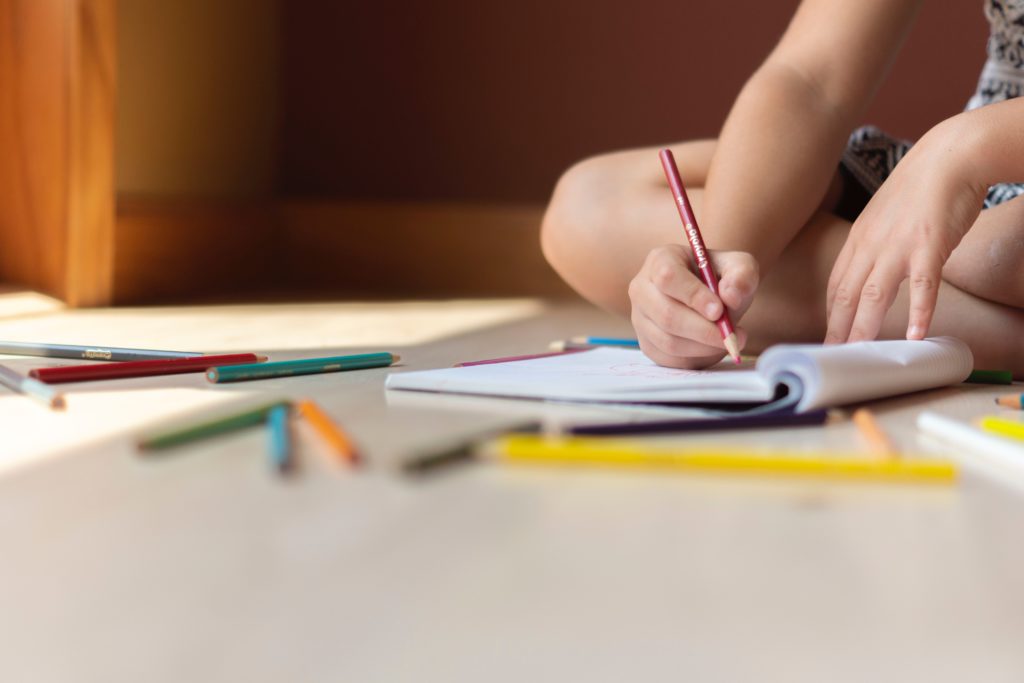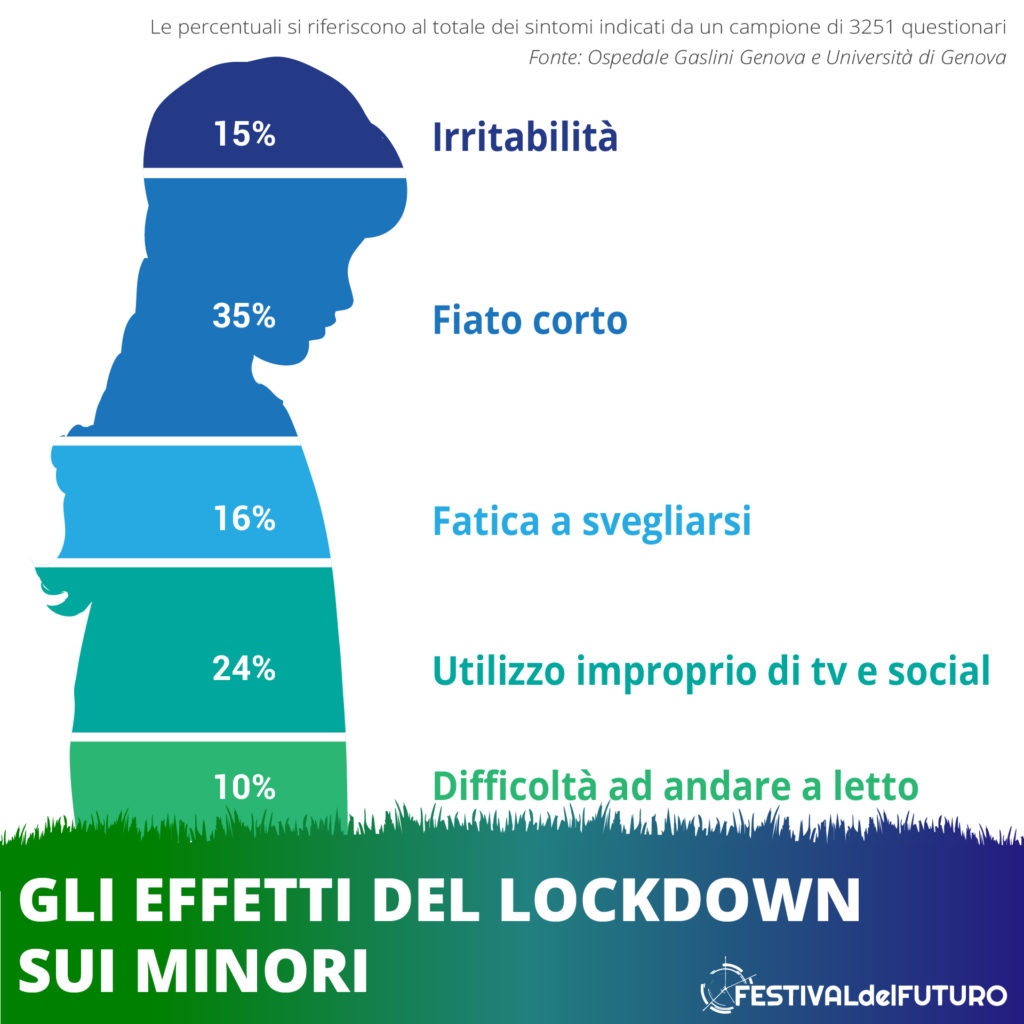
The pandemic from COVID-19 it has had and continues to have dramatic consequences for the entire population, not only from a physical point of view but also from a psychological and psychiatric point of view. A sense of uncertainty about the future has taken hold of us adults. But those who are doing it and will be paying for it are mainly young people, children and adolescents. Federico Tonioni, psychiatrist and psychotherapist, responsible for the Pediatric Center for Psychopathology from the web at the Gemelli Polyclinic, draws the world that awaits us and hopes for a scenario in which human beings rediscover the value of closeness and being together.
The pandemic and health in general will be discussed in depth in the course of Festival of the Future scheduled from 18 to 20 November. Among the dedicated panels we point out, for example, the one scheduled for Thursday 18 November, from 2 pm, entitled "Post-Pandemic: How We Will Address Future Global Health Crises"With the interventions of Pierfrancesco Nocini, Rector of the University of Verona, Alberto Mantovani, Scientific Director of Humanitas, Sergio Abrignani, of the University of Milanom e Fabrizio I pray, Health Director of the Galeazzi Institute.
The interview with Federico Tonioni
The pandemic is not over yet, but we can already draw the first conclusions on the psychological effects. How are we? But, above all, how are children and adolescents?
«The psychological emergency is certainly not over. Beyond the data improving or worsening, the heaviest aspect is how much mental space Covid occupies us. This affects everyone. It concerns us adults, who have the possibility to activate different defenses from children and young people for example with hypochondriacal or paranoid attitudes, but it concerns above all adolescents whose mind is bound to become something else, is in transformation. But paradoxically, adolescents survived during Covid by tolerating stronger frustrations than we have tolerated. They have increased digital relationships, with great use and social and chat that have absolutely not aggravated the health of our children but have helped them to maintain the only possible balance. Teenagers must be helped to maintain all possible relationships live ".

And the children?
«Different speech must be made for small children. Unlike adolescents who also have transgression at their disposal, obviously within certain limits, in order to survive, children do not. They passively absorb the anguish of their parents even if they do not talk about it; and usually they don't talk about it. On them, however, the consequences of the pandemic have materialized in greater passivation ».
Covid in what conditions did it find us and what psychological and psychiatric conditions did it exasperate?
"Covid has found us in a condition of substantial omnipotence. Never as in this era the idea is to live indefinitely. We act as if time did not pass. We were completely unprepared for such a thud, it was like falling off a pedestal. We ran into a death pang. But this is not entirely bad. If we can accept the passage of time, we can also experience it better. The alternative is to disassociate yourself from time, and this is not good for you. Because every dissociative action to remove reality involves not thinking but the price to pay is very high. So we live with a basic anguish that doesn't make us feel real ».
What awaits us from a psychiatric and psychological point of view? Have new syndromes emerged in the meantime?
«It is not easy to predict what will await us from a psychopathological point of view. I hope there is no turnaround on the natural need we humans have to be together with others. It is hoped that the relationship between distance and proximity is not so inverted. Surely in adults it has unleashed, has unmasked pre-existing things such as hypochondria and obsessional paranoia. Now we must focus on the resources of both children and adolescents who have a different cognitive profile from ours and who can give proof of their developmental abilities thanks to attempts to digitize reality, from Dad upwards. The school, more than the family, is a determining environment. Today kids have a different, more advanced cognitive profile. The school has lagged behind, it hasn't evolved, it's not fun ».
«Now - Tonioni concluded - he has the great opportunity to evolve until he gets to change his ideas around learning disabilities using different forms of learning. Because the distance that the school did not bridge towards the children was calmed by a diagnostic fury towards those children. In fact, we often see that half of the children in a class are classified as dyslexic or dysgraphic or hyperactive. We need to encourage the mental evolution of our children. The healthiest distance between teenagers and adults is always trust and never control. Let's get used, also and above all for the future, not to give orders to our children by setting rules. Because whenever we reduce a child to obedience, that child will accumulate anger and anger does not help him to grow. The rules must be given to trigger negotiations. Never exercise power over a child. Winning over a child is useless. Anger, together with boredom, is the basis of almost all forms of psychopathology that occur in adolescents ».
Denise Tiring






